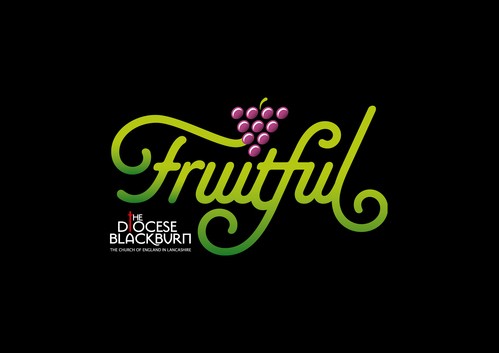Forgiven and free
Press the play button to watch the video above or press 'more' to read the transcript of the daily devotion below. Please read Exodus 12:43-13:10 (use your own Bible or use the link above to access the in-App Bible).
‘No leaven shall be seen among you’ Exodus 13:7
I remember as a boy in the choir learning the Easter Anthems during Lent, so we were ready to sing this canticle on Easter Day:
‘Christ our Passover is sacrificed for us therefore let us keep the feast;
Not with the old leaven of malice and wickedness
but with the unleavened bread of sincerity and truth’
In our passage today, we hear of two festivals given to the Israelite people. The Feast of Passover and the Festival of Unleavened Bread, and in today’s verses the manner in which they are to be kept is emphasised. The people are reminded that in keeping these festivals they are to look back at what God has done for them, but also look forward to all that He is going to do.
The leaven can be understood to represent human sin, and with that understanding the people are urged to have a good clear out… to ensure there is no leaven “in their territory” (13:7). This is in order that they are better prepared to look back on what the Lord has done for them, to repent of their failings, and also to move forward with renewed commitment, with the Law of God close to their hand and their minds, and His teaching on their lips.
As Christians Lent is such a time for us, which is why there is a focus on penitence, and why many Christians will make use of the Ministry of Reconciliation (confession and absolution) during this season. It is so that we might look back at all the Lord has done for us, repent of our failings, and approach Holy Week and Easter with renewed resolve, confident that through Christ and His Cross we are forgiven and free.
When I have travelled to Jerusalem, I have often witnessed Orthodox Jews preparing to pray on the flight. They carefully strap phylacteries onto their foreheads and arms with portions of the Torah inside the little boxes as a reminder to keep the Law. It is an ancient custom which many religious Jews have continued to this day.
This sign on a Jew’s hand or forehead is to remind them that they belong to Yahweh. It is to remind them of their redemption and of who is their God.
In a similar way many Christians use the sign of the Cross. It reminds us that through the Cross we are saved and made free.
‘We adore you O Christ, and we bless you,
because by your holy Cross you have redeemed the world’
The Revd Damian Porter, Vicar of The Parish of the Ascension, Torrisholme & Westgate
